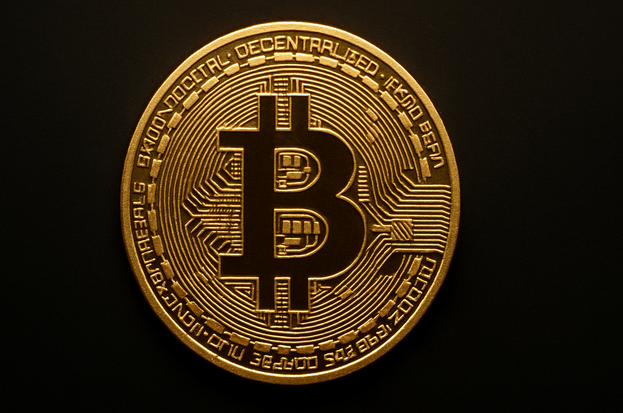TLDR
- Max Keiser states Bitcoin’s surge marks the end of centralized fiat money.
- Bitcoin’s rise shows growing mistrust in traditional finance systems.
- Keiser cites Jack Dorsey’s fintech moves as proof of traditional finance’s decline.
- Stablecoins will retain the “USD” label even as the dollar loses credibility.
Max Keiser, a longtime Bitcoin advocate, has declared the 300-year experiment with fiat money over as Bitcoin continues to rise in value. His comments come amid a US government shutdown, a situation that he sees as a clear sign of the faltering credibility of traditional financial systems. Keiser views the current surge in Bitcoin’s price as a reflection of growing mistrust in centralized monetary systems and the inevitable rise of decentralized finance.
Bitcoin’s Rise as Fiat Governance Falters
Bitcoin’s recent surge coincided with the US government shutdown, which many view as a reflection of larger systemic issues in fiat governance. Keiser sees this moment as “poetic justice,” signaling the inevitable collapse of centralized currencies. According to Keiser, the moment Bitcoin’s Genesis Block was mined in 2009, the fate of traditional currencies, like the US dollar, was sealed.
Keiser argues that Bitcoin’s recent performance is not simply about price appreciation, but a symbol of the growing distrust in government-backed money. As deficits rise and the costs of servicing national debts increase, many are turning to decentralized forms of currency.
Keiser believes that Bitcoin is fulfilling its original mission to provide an alternative to fiat currencies, and this shutdown serves as a reminder that centralized financial systems are no longer sustainable.
The Decline of Traditional Finance
Max Keiser has consistently warned that the days of centralized finance are numbered, and he believes the actions of tech giants like Jack Dorsey reinforce this view. Dorsey’s decision to integrate Cash App with Square is, in Keiser’s view, a clear indicator that traditional banking is being replaced by decentralized fintech solutions.
By facilitating the seamless use of Bitcoin in financial transactions, Dorsey’s efforts are, in Keiser’s words, “hammering another nail” into the coffin of the outdated banking system.
The integration of Bitcoin into mainstream financial services marks a shift in the way consumers interact with money. As more companies adopt Bitcoin and other cryptocurrencies, the traditional financial system faces increasing pressure to adapt. Keiser sees these developments as part of the broader trend of decentralized finance gaining ground over traditional banking institutions.
Stablecoins and the Future of Currency
Keiser’s thoughts also extend to the future of stablecoins. While stablecoins are often pegged to the US dollar, Keiser believes that their connection to the dollar will remain, even as the dollar’s credibility fades.
According to Keiser, stablecoins will continue to use “USD” as a label, but the term will lose its connection to the US Treasury and the fiat system. Instead, it will serve as a generic term for digital currencies, unaffected by the failings of traditional fiat money.
Stablecoins, which are designed to minimize price volatility, have become a popular alternative to fiat currencies. They offer a bridge between the stability of traditional currencies and the flexibility of decentralized systems. Despite this, Keiser sees them as another example of how the traditional financial system is being left behind as digital currencies become more integrated into global markets.
The Impact of Political Crises on Bitcoin
The political instability caused by the US government shutdown further highlights the growing role of Bitcoin as an alternative form of currency. Keiser views Bitcoin’s price as the inverse of trust in governments. As political crises and economic instability continue to unfold, trust in traditional financial institutions diminishes, and Bitcoin’s value rises.
Keiser believes that each political crisis, whether related to government shutdowns, inflation, or debt, strengthens Bitcoin’s position as a viable alternative to fiat currencies. In a world where government policies are increasingly unpredictable, Bitcoin offers a stable and decentralized solution for those seeking financial independence.






